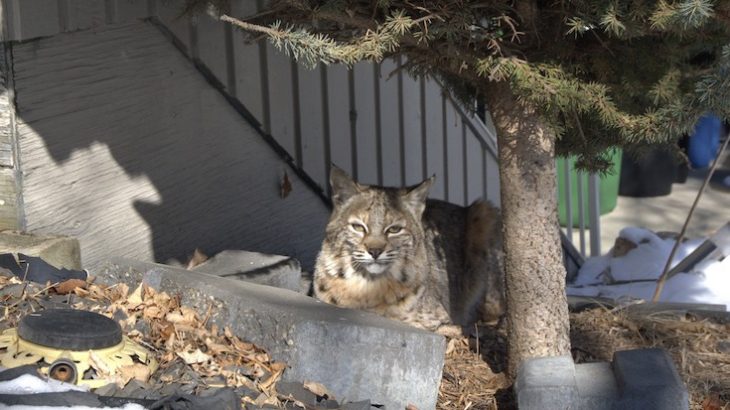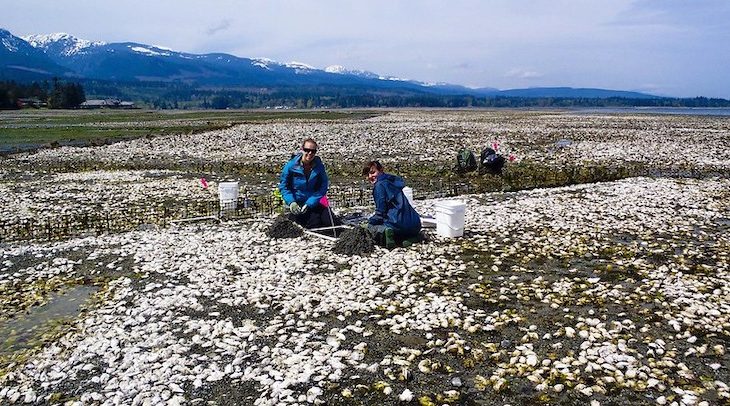
Alina C. Fisher and Tanya Samman, Environmental and Earth Sciences co-editors Currently, self-isolation is the norm for people all over the world as a result of the COVID-19 pandemic. While you’ve been staying home, you’ve been justifiably worried about the health of your family and friends, your career, and the economic impacts of the pandemic, […]





